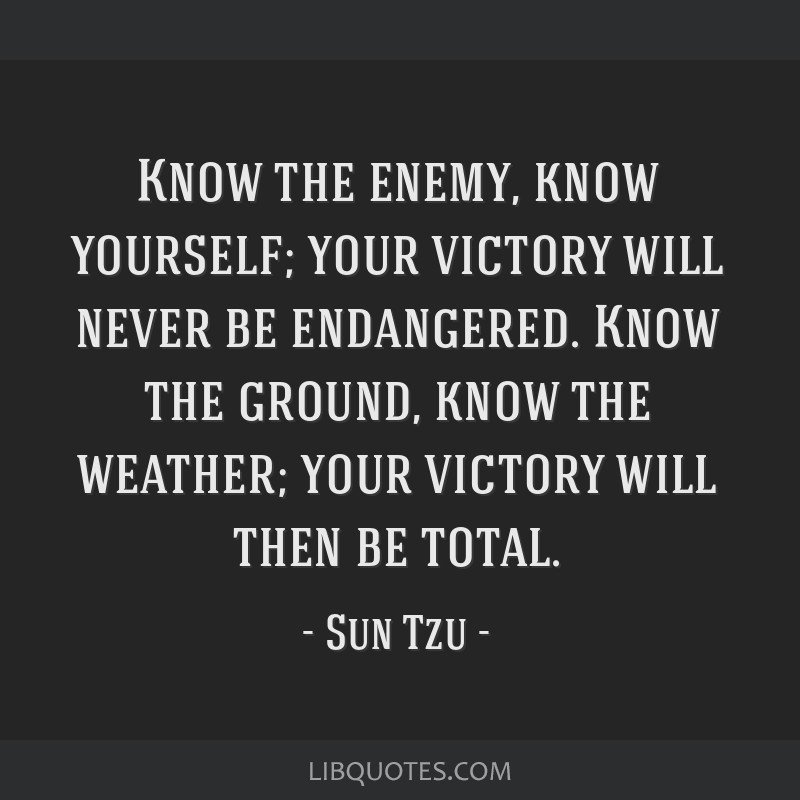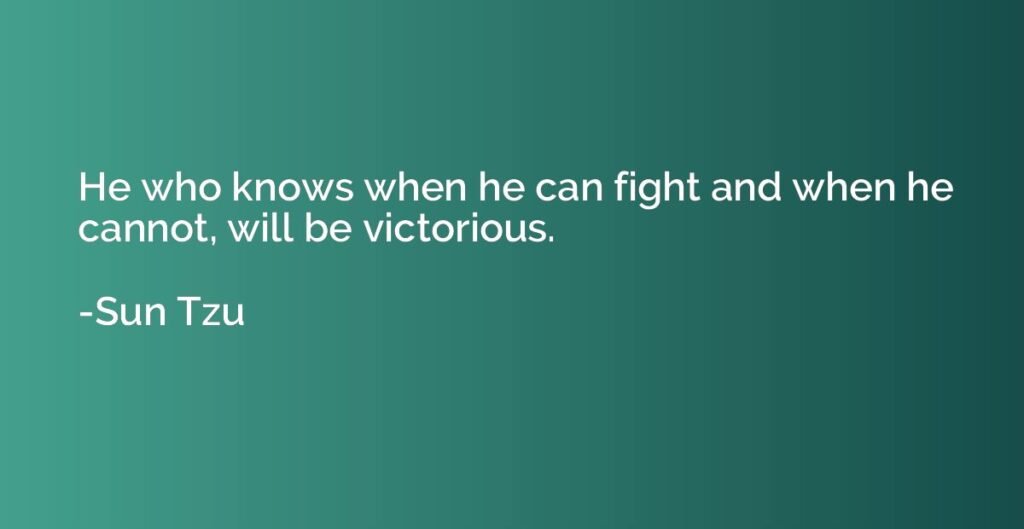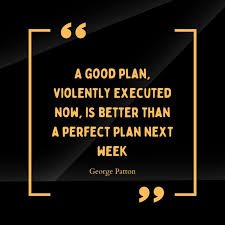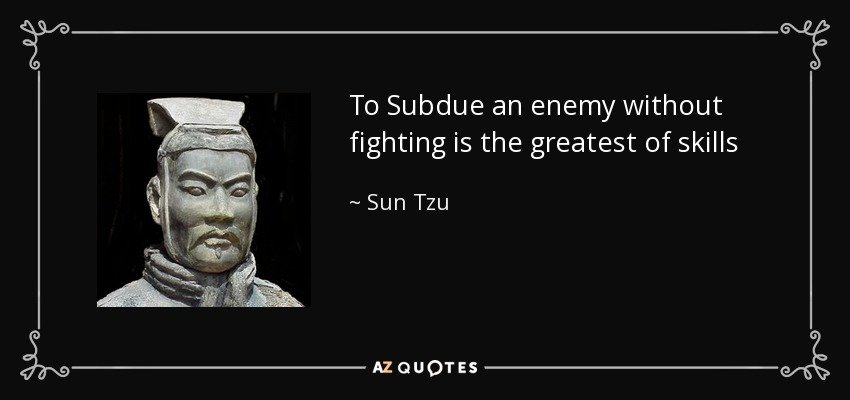In war, the general who thinks three moves ahead doesn’t just survive—he dominates.
Modern life may not involve trench warfare, but make no mistake: it’s a battlefield.
The enemy? Distraction. Indecision. Emotional chaos. The untrained mind.
To win in this world, you must think strategically, act deliberately, and execute ruthlessly.
This is Mental Combat: the masculine art of strategic thinking, inspired by war generals, military tacticians, and psychological warfare.
You don’t need to be in the military to apply these principles. Whether you’re navigating business, relationships, or personal development, these timeless strategies will sharpen your decision-making and elevate your life.
Let’s break down 7 powerful strategies to help you command your life like a war general.
Table of Contents
1. Mastering the Terrain: Know Your Environment Like a Field Commander
In warfare, the first rule is to understand the terrain.
Sun Tzu said, “Know the ground, know the weather, and your victory will be complete.”

In modern life, your terrain is your environment—your job market, your competitors, your audience, your social circles.
Most people wander blindly into situations. Strategic men prepare. They study the lay of the land before making moves.
Entrepreneurs? Conduct competitive analysis.
Professionals? Understand office politics before chasing promotions.
Creators? Learn your audience’s pain points before launching content.
This is not paranoia. It’s intelligence.
Your masculine edge begins when you see what others don’t.
2. Sun Tzu’s Offensive Patience: Strike Hard, But Only When Ready
Sun Tzu warned against impulsive action: “He who knows when he can fight and when he cannot will be victorious.”

In the age of dopamine hits, offensive patience is your superpower.
Don’t rush. Plan. Wait for the right moment to strike.
This applies to negotiations, investments, dating, even social media. Think long-term. Let others make noise while you position yourself in silence.
Masculine energy is directional—it builds momentum and then unleashes it with purpose.
The man who controls his impulses becomes the most dangerous man in the room.
3. Clausewitz’s Fog of War: Embrace Uncertainty, Act Anyway
Carl von Clausewitz, the great Prussian general, coined the term “fog of war.” It refers to the uncertainty of battle—confusion, friction, the unknown.
Life mirrors that fog.
You won’t always have perfect data. There will be chaos. Things will break.
But here’s the secret: high-performing men move anyway.
Strategic thinkers learn to act decisively under imperfect conditions. They accept uncertainty as part of the process, not as a reason to freeze.
Don’t wait for clarity. Create it through action.
Train yourself to make 80% confident decisions fast—then refine along the way.
4. The Power of War Games: Simulate Your Moves Before You Commit
The military uses war games to test strategies before ever entering combat. They model outcomes, test scenarios, and predict ripple effects.
Why aren’t you doing the same?
Before making a life-altering decision—buying property, quitting your job, or launching a brand—simulate the outcome.
Ask:
- What’s the worst-case scenario?
- What’s the best-case scenario?
- What variables am I ignoring?
Play devil’s advocate. Red-team your ideas. Invite challenge before life does.
This habit builds what Navy SEALs call “pre-failure rehearsal.”
You’re not hoping for the best. You’re preparing for all.
5. Lead Like Patton: Decisive Action Over Endless Analysis
General George S. Patton once said, “A good plan violently executed now is better than a perfect plan executed next week.”

That’s not recklessness—it’s leadership.
Modern men are drowning in information. They consume podcasts, YouTube videos, and productivity hacks. But they don’t move.
That’s strategic paralysis—and it’s deadly.
You don’t need more options. You need more boldness.
The masculine mind favors action over endless analysis. Make a plan. Commit. Course-correct if needed.
Leaders don’t overthink. They over-deliver.
6. Divide and Conquer: Break Down Complex Problems
Every great general knows the value of dividing the enemy.
Julius Caesar, Napoleon, even modern strategists used this tactic to dismantle threats.
You can apply it to your daily challenges.
Got a big project? Break it into phases.
Facing emotional burnout? Isolate the triggers.
Trying to start a business? Focus on one offer, one audience, one platform.
Strategic men simplify the complex.
They turn a thousand variables into a handful of missions.
Don’t try to fight every battle at once. Divide your focus. Conquer each part. Then move to the next.
7. Psychological Warfare: Winning Without Fighting
Sun Tzu’s highest form of warfare was this: “To subdue the enemy without fighting is the acme of skill.”

That’s psychological warfare.
In modern life, this is your ability to influence, outmaneuver, and control perception.
Charisma. Presence. Silence. Eye contact. These are modern weapons.
You don’t need to argue with your boss. You position yourself so well, he promotes you before you ask.
You don’t need to debate your partner. You set boundaries so clear, they’re never crossed.
Control your frame, and you control the room.
This isn’t manipulation. It’s presence management. And it’s the domain of kings.
Train Like a Commander
War generals drill relentlessly. They don’t rely on motivation—they rely on preparation.
You should too.
Mental training for strategic men:
- Read military biographies weekly.
- Journal your decisions and study the outcome.
- Practice chess, Go, or wargames.
- Meditate—not for peace, but for perception clarity.
- Study great speeches, not for inspiration—but for insight.
Train your mind like a soldier trains his hands.
🧠 Mental Combat FAQ: Strategic Thinking for Modern Men
1. What is Mental Combat?
Mental Combat is the practice of applying military strategy and war-room decision-making tactics to everyday life situations—business, relationships, goals, and self-discipline.
2. How can I think like a war general in real life?
Study historical generals, practice scenario planning, make decisions under pressure, and train your mental clarity through deliberate discipline and preparation.
3. Why do strategic men succeed more than reactive men?
Strategic men anticipate problems, plan contingencies, and avoid emotional traps—giving them the edge in negotiations, leadership, and crisis management.
4. What can Sun Tzu teach modern entrepreneurs?
Sun Tzu’s teachings emphasize timing, perception, deception, and the importance of preparation over brute force—all invaluable in modern business strategy.
5. How does Clausewitz’s “fog of war” apply to daily decision-making?
It reminds us that uncertainty is normal, and decisive action under imperfect conditions is a key skill for masculine leaders in high-stakes environments.
6. What are war games and how do I use them personally?
War games are mental simulations of future scenarios. You can apply them to investments, career changes, or relationships by playing out best-case and worst-case outcomes in advance.
7. Is patience really a strategic advantage for men?
Yes. Masculine patience—holding back until the right time to strike—often wins over impulsive actions that lead to emotional or financial losses.
8. How can I apply psychological warfare ethically in life?
By managing perception, controlling your emotional tone, and setting clear boundaries, you influence outcomes without confrontation—leading without fighting.
9. How do I practice decisive leadership like General Patton?
Make fast decisions with 70–80% clarity. Commit fully. Adjust later. Avoid waiting for perfection—action breeds momentum.
10. What habits help build a strategic mindset?
Reading history, journaling decisions, scenario planning, daily reflection, and chess or tactical games all sharpen strategic cognition.
11. How do I analyze my “terrain” like a general?
Know your environment: understand the politics, market forces, social dynamics, and risks before making moves. Study before you strike.
12. Can I use these principles in my relationships?
Absolutely. Understanding timing, emotional control, and communication strategy improves boundaries, respect, and masculine frame in relationships.
13. What’s the first step to mastering mental discipline?
Control your impulses. Delay gratification. Train yourself to respond instead of react. This is the foundation of masculine power.
14. How do war generals deal with high stress, and can I replicate that?
They train under pressure, simulate failure, and rehearse outcomes. You can do the same by exposing yourself to discomfort and uncertainty on purpose.
15. Why is clarity of thought considered a masculine virtue?
Because masculine energy thrives in direction, purpose, and order. Strategic clarity eliminates chaos and builds unshakable confidence.
16. Are there specific books to improve my strategic thinking?
Yes: The Art of War (Sun Tzu), On War (Clausewitz), Leadership in War (Andrew Roberts), and Meditations (Marcus Aurelius).
17. How can I train myself to make faster, smarter decisions?
Set time limits on decisions. Journal past choices and outcomes. Use mental models like first principles, second-order thinking, and inversion.
18. What are examples of psychological warfare in the workplace?
Frame control in meetings, calm under pressure, silence as power, and positioning yourself as indispensable without direct conflict.
19. Is emotional control really part of Mental Combat?
Yes. Emotions are powerful weapons or dangerous liabilities—depending on whether you command them or let them command you.
20. How can I make this Mental Combat mindset part of my daily life?
Start each day with a planning ritual, simulate one difficult decision per week, and journal your victories and lessons learned like a battlefield commander.
The War Is in Your Mind—Win It Daily
Every day, life throws challenges your way. Some subtle. Some brutal.
To navigate them with grace, you need more than hustle. You need strategy.
Thinking like a war general isn’t about being cold—it’s about being clear.
It’s about taking the masculine responsibility to see, prepare, and conquer.
The men who rise in this world aren’t just strong. They’re strategic.
They win before the battle begins—because they’ve already fought it in their mind.
Command Your Next Move
Mental Combat isn’t just theory—it’s practice. It’s mindset weaponized.
Take what you’ve learned and begin applying it today:
- Start small: analyze your week like a campaign.
- Make one bold decision with imperfect info.
- Build one habit that simulates war-gaming in your life.
Share this with a brother who’s ready to stop reacting and start commanding.
Your next victory starts now.
🛡️ Outsmart. Outmaneuver. Outlive. Subscribe to MindGearMen.


